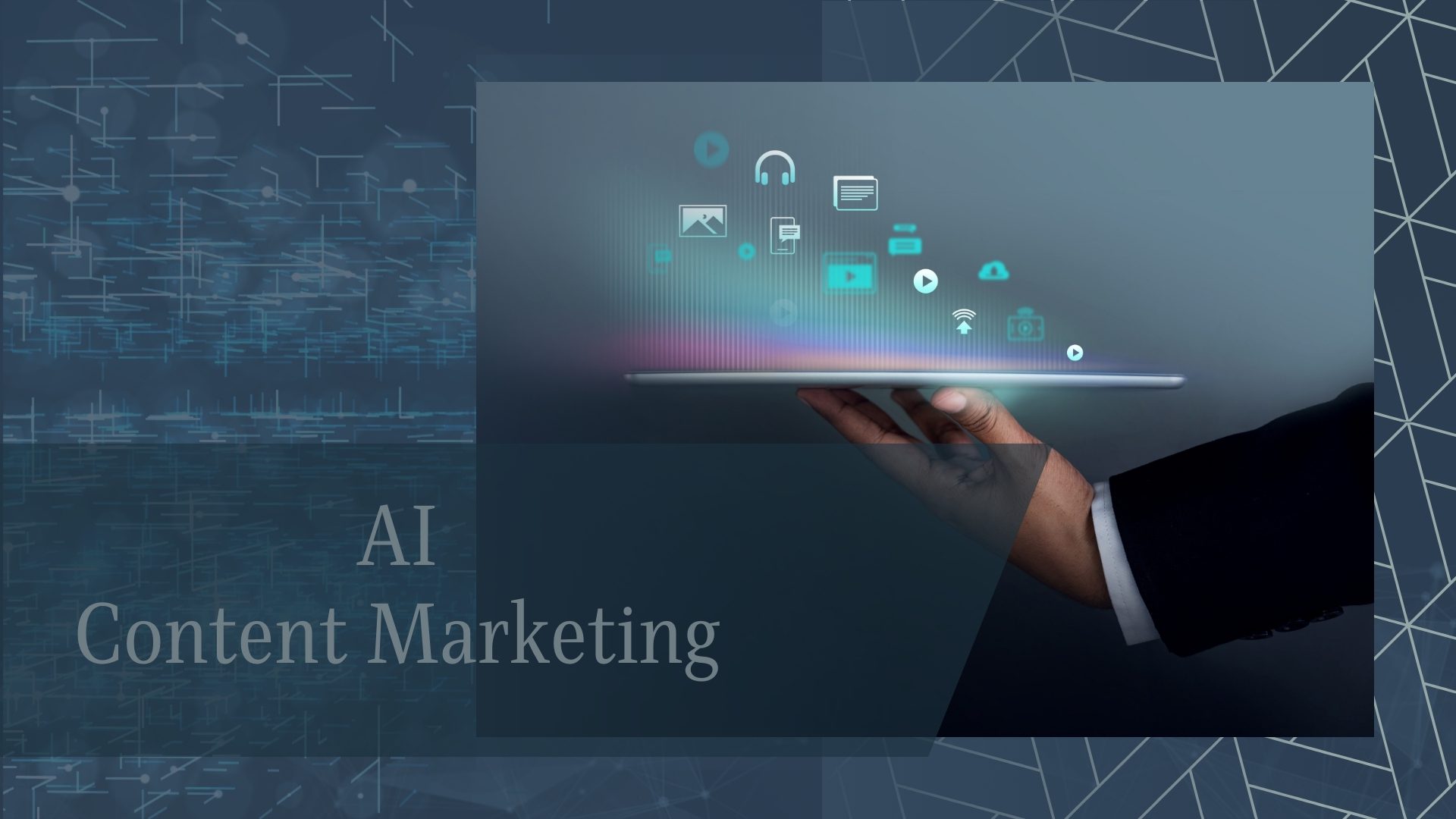Youth Biz Ideas — Business, Digital & AI Marketing for Young Entrepreneurs
Expert strategies, tools, and tips to build and grow your business fast.
Expert strategies, tools, and tips to build and grow your business fast.

Dear friends,
We sincerely appreciate your kind support, which inspires and empowers us to create better content and move forward on our path of growth.
You can support us through PayPal or your digital wallet and be part of this journey.
Select a wallet to accept donation in ETH BNB BUSD etc..




📌 Advanced SEO Article Prompt for Long-Form Content
✅ 12 structured headings & subheadings
✅ 5 ready-to-go FAQs
✅ SEO titles, tags, meta descriptions
Perfect for marketers, bloggers, and SEO freelancers.
📦 Download now and own your niche!
Want long-form content that ranks AND engages?
⚡ One prompt = +10,000 words of SEO gold.
🧠 Write like a pro with zero effort!
Just drop your topic into this prompt and watch SEO magic happen.
Write smarter, not harder!
📦 Download now and own your niche!